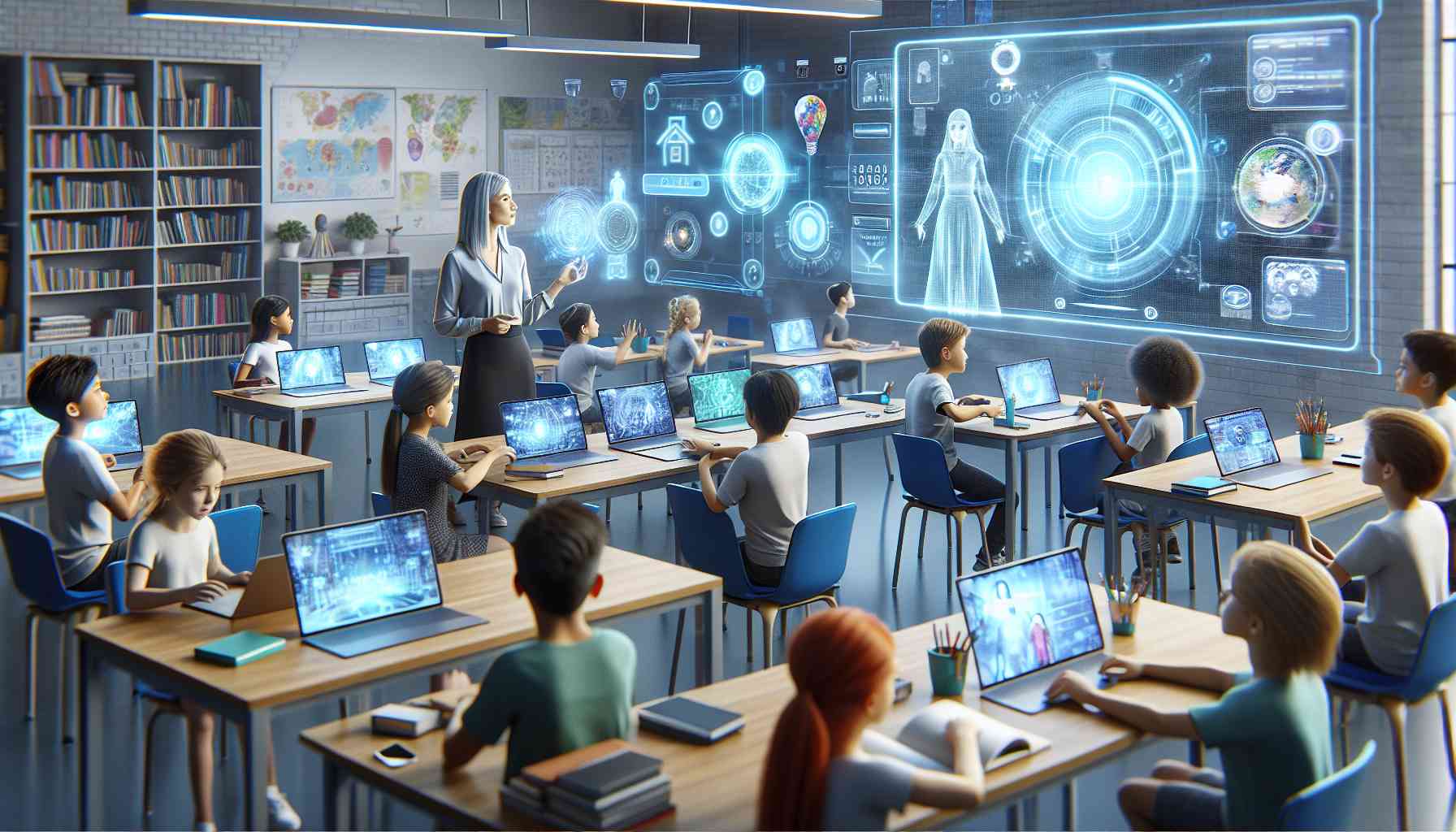In today’s rapidly evolving world, education must adapt and embrace technological advancements to prepare students for the future. Ireland is at the forefront of this transformation, with the government announcing the expansion of a scheme that provides free technological devices to students. This initiative aims to bridge the digital divide and ensure equal access to technology for all.
One of the most significant changes in classrooms will be the integration of neurotechnology into headsets or other devices. These devices will utilize brain waves to gauge students’ levels of attention and understanding, allowing teachers to adjust their teaching methods accordingly. This technology will create a more immersive learning experience, where students can explore historical events like the Easter Rising or delve into the intricacies of a human cell in augmented or virtual reality.
The use of large language models, such as ChatGPT, will assist teachers in preparing class notes, assignments, and grading papers. These models, co-written by humans and AI, will enhance the efficiency and effectiveness of educational materials. Additionally, digital instructors will provide personalized support to students, ensuring that each learner receives the necessary guidance.
Collecting data through various devices will not only improve our understanding of how students learn but also enable tailored teaching methodologies. As individuals have unique learning styles, technology will adapt to accommodate these differences. Collaboration will extend beyond classroom walls, allowing students from different locations to work together on projects and expand their learning horizons.
Despite the advantages of remote learning, physical schools will remain essential to facilitate socialization and interpersonal connections. Social media companies will play an increasingly significant role in the Edtech market, providing platforms for educational interaction. However, discussions about privacy concerns and data usage will arise, prompting debates on striking the right balance between knowledge acquisition and protecting personal information.
To prepare educators for the technological revolution, there is a pressing need to prioritize digital and media literacy. Compulsory subjects in the education system will empower learners to understand algorithms, critically evaluate information, and distinguish between truth and misinformation. A future Citizens’ Assembly on education should focus on engaging with these technological advancements, considering both practical usage and ethical implications.
While debates may emerge about restricting certain technologies in the learning environment, it is crucial to recognize that students will naturally gravitate towards any tool that simplifies their lives. It is therefore essential to educate them on the appropriate and responsible use of technology.
As we look forward to the future, it is undeniable that education and the workplace will undergo significant transformations. By embracing technology and adequately preparing educators and students alike, we can harness the potential of these advancements to revolutionize learning and equip the next generation for success in the 22nd century.
The source of the article is from the blog girabetim.com.br

